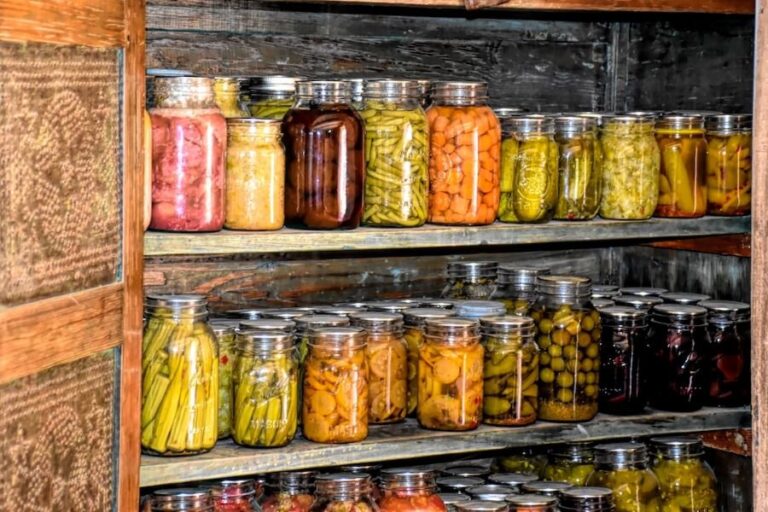An emergency kit shouldn’t be taken lightly. It’s important to start with a basic kit, considering it as a work-in-progress, continually adding and refining as you go along. Your emergency kit should contain essentials such as water, food, a flashlight, batteries, money, and important documents.
Your emergency kit should be easily accessible. It can include items that are not food or water-related like clothing, toiletries, and spare glasses. If you have babies, remember to include diapers or formula milk. Keep it in an easy-to-carry container in case an evacuation situation arises.
Learning Critical Survival Skills
Having survival skills is a huge advantage. This involves learning how to make a fire, basic medical skills, simple mechanical skills, navigation, and much more. Considering that disasters can knock out power or cut off your access to grocery stores and other resources, learning how to be self-sufficient is vital.
Start with simple techniques, gradually upgrading your skills. Skills like cooking, gardening, fishing, sewing, and first aid can be essential when you might not have access to modern conveniences. Thanks to technology, there are numerous online resources and tutorials to learn these skills.
Remember, practice is key when it comes to survival skills. It’s not enough to just know how to do something theoretically. Regular practice ensures you can perform these skills efficiently in times of need.
Patience and Preparation is Key
Ultimately, becoming a prepper is a marathon, not a sprint. It requires time, resources, and learning. It’s not about panic buying or being overwhelmed with countless ‘what if’ scenarios.
Instead, start slowly, set achievable goals, and gradually build your preparedness. Avoid the temptation to rush out and buy everything all at once. Not only is it economically impractical, but it’s also easy to overlook some valuable necessities in the rush.
Patience is key. Accumulate resources as you can afford them, adding bits to your prep over time. Remember, the most important thing is to start prepping, no matter how small.
Altogether, prepping is about practicality and preparing for the unexpected. It’s not about panic or fear but rather about confidence, resourcefulness, resilience, and readiness. Overall, effective prepping could mean the difference between remaining safe, healthy, and comfortable or struggling during emergency situations. So start your prepping journey today and build a safer tomorrow.



